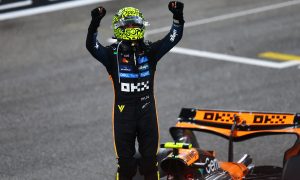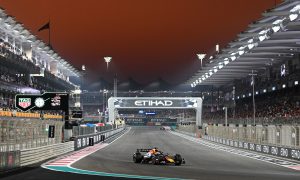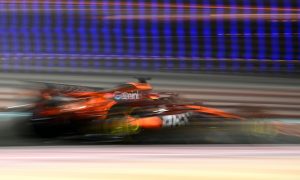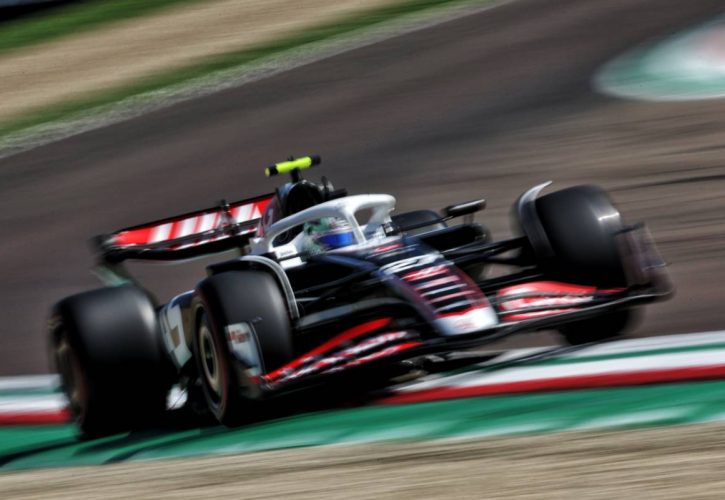
Imola's wide variety of corners and speeds – a typical old-school trait – means that maximum velocity is a secondary criterion relative to balance and traction.
However, given the long haul down to Tamburello where most overtaking takes places, a healthy top speed coupled with DRS is a very useful combination on race day, especially as overtaking opportunities are typically few and far between elsewhere around the 4.909km circuit.
Oddly, the speed trap at Imola is located at the end of the stretch between Varianta Alta and Rivazza, rather than at the end of the higher speed main straight towards Tamburello.
So there’s relatively little to read into the numbers which you will nevertheless find at the bottom of this article.
According to the always useful data provided by Formula Data Analysis, Max Verstappen was clocked at 340 km/h at the end of the main straight on his final flyer.
The Red Bull’s velocity was comfortably ahead of both McLaren (332 km/h) and Ferrari (330 km/h), yet Max only edged Oscar Piastri in Q3 by 0.074s.
Read also:
However, Verstappen benefited during his final effort from a massive tow graciously offered by Haas’ Nico Hulkenberg, a 0.142s gain over his previous lap that the three-time world champion was quick to acknowledge.
"We were tow buddies out there," Verstappen said after qualifying, referring to the Hulk’s helping hand.
"In Q2 I gave him a tow to Turn 17. Then he gave me a tow to Turn 2. I think I did arrive a bit too quick for my liking because I did miss Turn 2 a little bit, so I did gain and then I did lose a bit in 2.
"Overall, I think it did help me a little bit. But when you are struggling the whole weekend and then finally it's coming around, you have to look for these little advantages to try and stay ahead and it worked out beautifully."
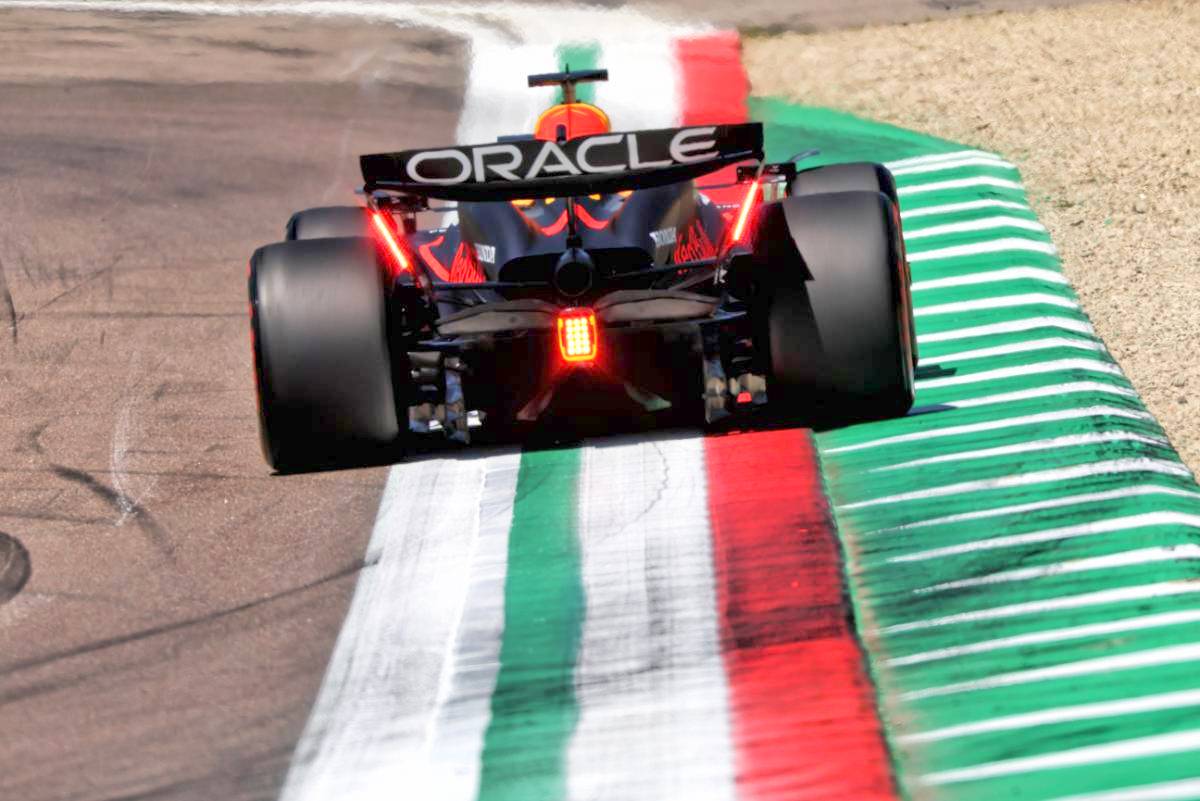
FDA further notes that it would have been a McLaren 1-2 without Verstappen’s perfect slipstream in Sector 1!
Therefore, with teams evenly matched, a Max-fest this afternoon isn’t a foregone conclusion.
On the strategy front, a one-stop is almost obligatory according to Pirelli’s Mario Isola, because the time taken in pit lane to change tyres is one of the longest of the season at around 28 seconds, and also because overtaking is very difficult, especially as there is only one DRS zone.
“A further unknown factor is the possibility of the race being neutralised: as we saw today in the F2 and F3 races, the increase in the number of gravel traps inevitably means there is a greater chance of cars getting stuck after going off the track,” added the Pirelli chief.
Teams look set to rely on a hard-medium tyre combo, but softs could come into play in the closing stages of the race in the event of a late Safety Car.
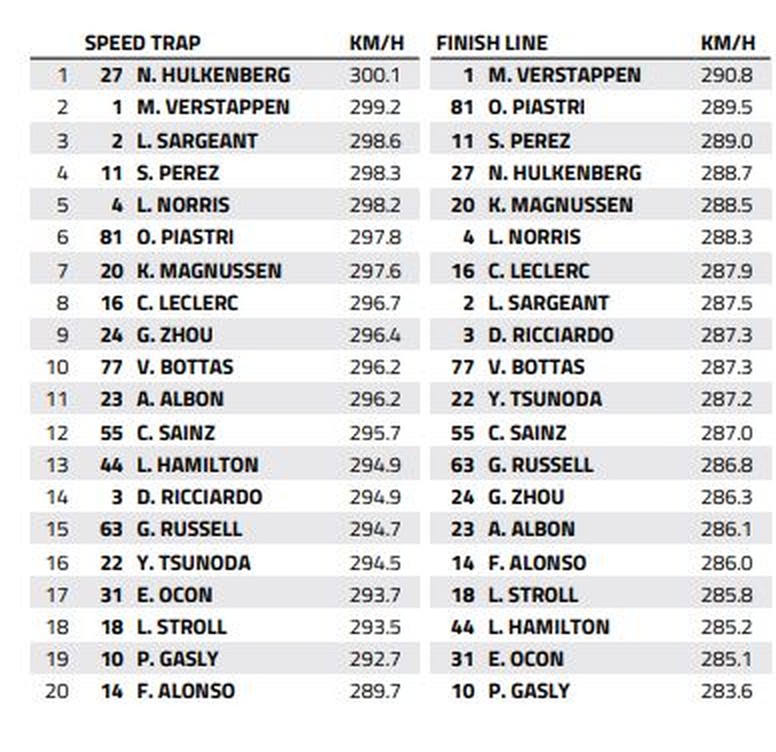
Keep up to date with all the F1 news via Facebook and Twitter




